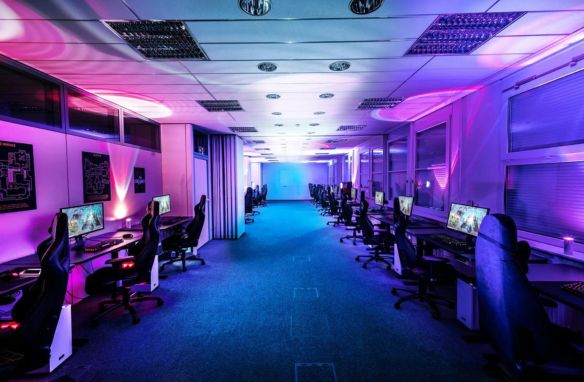In the vast and diverse landscape of gaming, communities play a pivotal role in shaping experiences, fostering friendships, and creating vibrant social connections. This article delves into the significance of gaming communities, exploring how they facilitate the building of friendships in virtual worlds.
Shared Interests and Common Goals
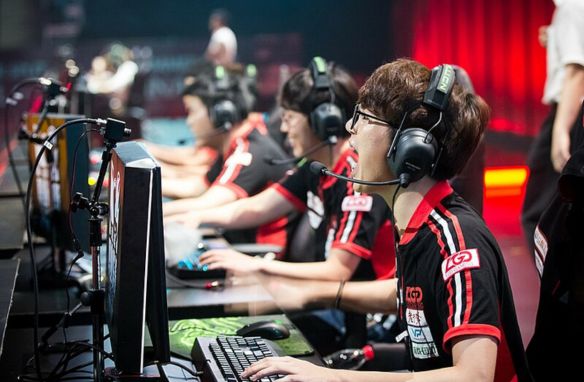
- Gameplay: Gaming communities unite players with shared interests in specific games, genres, or gaming platforms, creating common ground for interaction and collaboration.
- Objectives: Players within communities often share common goals, whether it’s completing quests, conquering challenges, or competing in multiplayer matches, fostering teamwork and camaraderie.
Communication and Interaction
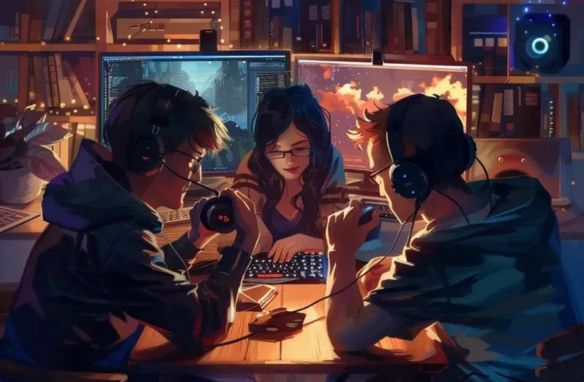
- In-Game Communication: Many games offer in-game communication tools such as text chat, voice chat, and emotes, enabling players to communicate and coordinate activities within the game world.
- Community Platforms: Outside of games, dedicated community platforms, forums, social media groups, and Discord servers serve as hubs for discussions, sharing content, and organizing events.
Support and Collaboration
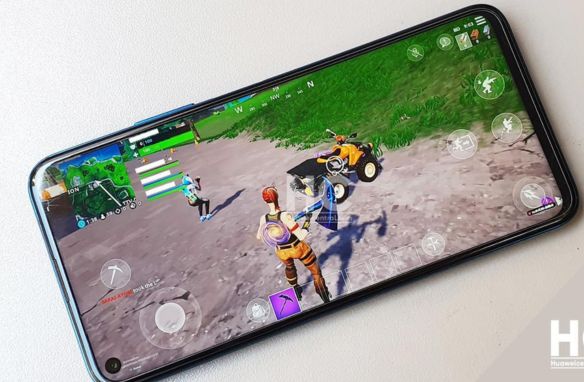
- Help and Guidance: Gaming communities provide support networks where experienced players can mentor newcomers, offer advice, and share strategies, enhancing learning and skill development.
- Collaborative Gameplay: Cooperative and multiplayer games encourage teamwork and collaboration within communities, fostering strong bonds and collective achievements.
Diversity and Inclusivity
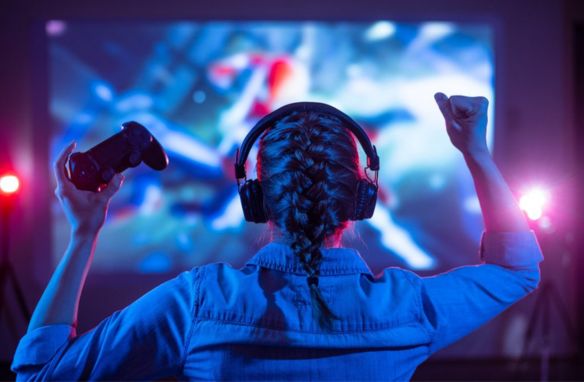
- Diverse Perspectives: Gaming communities encompass diverse backgrounds, ages, genders, and cultures, creating opportunities for cultural exchange, empathy, and understanding.
- Inclusive Environment: Welcoming and inclusive communities promote diversity, respect, and tolerance, ensuring that all members feel valued and accepted regardless of differences.
Social Events and Activities
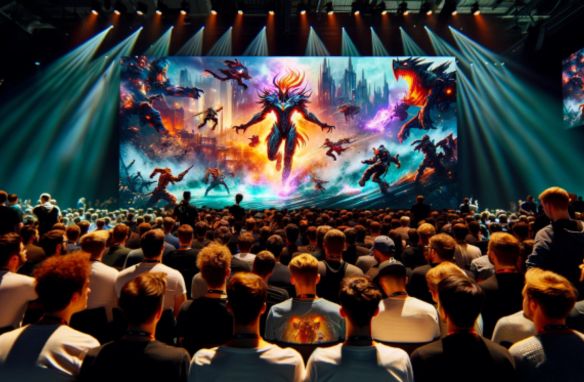
- Community Events: Gaming communities organize events such as tournaments, meetups, guild activities, and in-game celebrations, providing opportunities for socializing and bonding.
- Real-Life Connections: Virtual friendships can extend to real-life connections, with members organizing offline gatherings, conventions, and social outings based on shared gaming interests.
Emotional Support and Connection
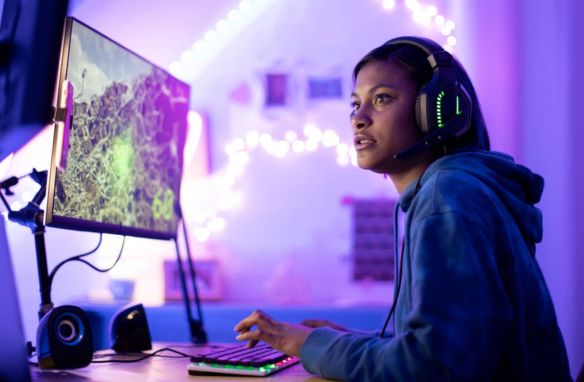
- Emotional Bonds: Through shared experiences, triumphs, and challenges, gaming communities foster emotional connections, empathy, and a sense of belonging among members.
- Mental Well-being: Supportive communities can have a positive impact on mental well-being, providing social interaction, companionship, and a sense of purpose within virtual worlds.
Challenges and Resilience

- Conflict Resolution: Communities may face conflicts, disagreements, and toxicity, requiring effective moderation, communication, and conflict resolution strategies to maintain a positive environment.
- Community Resilience: Strong communities exhibit resilience, adaptability, and cohesion, overcoming challenges and maintaining their core values and sense of community spirit.
Future of Gaming Communities
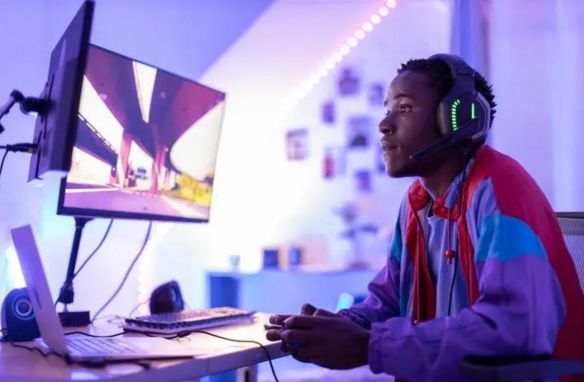
- Cross-Platform Integration: Cross-platform play and communication facilitate broader gaming communities, allowing players from different platforms to connect and play together seamlessly.
- Virtual Reality (VR) Communities: VR technologies enable immersive social experiences, virtual gatherings, and collaborative gameplay, enhancing the depth and intimacy of gaming communities.
- Community-driven Content: Games are increasingly incorporating community feedback, user-generated content, and player-driven narratives, empowering communities to shape and influence game development.
conclusion
gaming communities serve as dynamic and inclusive spaces where friendships are forged, experiences are shared, and connections are made across virtual worlds. These communities not only enrich gaming experiences but also contribute to personal growth, social interaction, and a sense of belonging within the global gaming community. As gaming continues to evolve, so too will the role and impact of gaming communities in shaping the future of interactive entertainment and social interaction.


